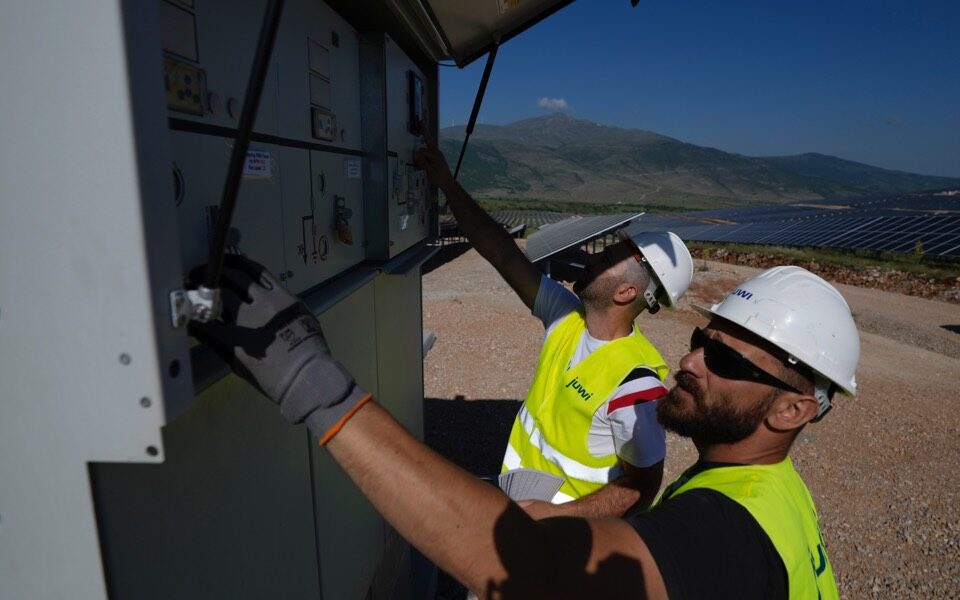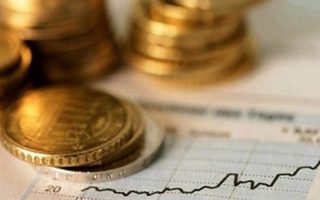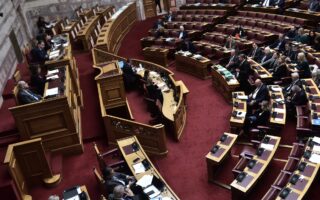What pitfalls must the economy avoid?

The most likely scenario is that, in the new year, the Greek economy’s path will be steady in the broader global context of a slowdown but not a recession. In this central scenario, there is the possibility of consolidating the strong recovery recorded after the pandemic. More importantly, there is the opportunity for interventions in the economy that will gradually shift it towards systematically strong growth. At the same time, however, there are significant risks in the global environment, and there is no guarantee that the necessary changes in our economy will actually take place.
In any case, the individual critical issues to be addressed during 2024 are many.
In the central scenario, the growth of the domestic economy will be at similar levels to 2023, higher than the European average. Consumption growth is expected to slow, in an environment of inflation that will ease but remain high. A strong pick-up in investment is a prerequisite for maintaining the growth momentum. It will be tested by the high level of interest rates and weakened international demand, but will be supported by the intensification of the Recovery Fund. On the fiscal side, a primary surplus is expected, but weaker inflation and consumption growth compared to this year will hamper the effort on the revenue side, when there will be pressure for more spending from various quarters.
The Greek economy, despite progress in recent years, is still at a low level, both in terms of its core performance… and in terms of an assessment of its structural features
This rather positive trajectory that is expected needs to be put in the right perspective. In the European and wider environment there is a slowdown that in much of Europe is on the verge of recession. After rising sharply last year, interest rates are expected to remain high this year, weighing on investment costs. The Greek economy, despite progress in recent years, is still at a low level, both in terms of its core performance, such as real incomes and employment, and in terms of an assessment of its structural features. The combination of these facts means that vigilance is needed. The strengthening of the production base must proceed urgently to make it less exposed to potential external shocks and to narrow the gap between it and European averages.
The turbulence and risks that may be expected from abroad have short- and medium-term dimensions. The inability of a significant part of the European population to raise their incomes directly increases the political risk in various countries. Weak governments have a myopic outlook and are unable to implement the necessary changes to improve the welfare of their citizens. It is even more difficult to implement necessary deepening policies at the European level, such as banking integration and fiscal rules.
For our own economy, the instability in the European economy may prove to be a significant aggravating factor. At the same time, questions are growing about the course of the global economy. The underlying trade and technological competition could compound the individual geopolitical and energy crises into a more intense rivalry between the West and China and its allies. Although this development has long-term characteristics, there are immediate effects on the level of inflation and the increase in risks.
The most substantive issue, of course, in the coming year, concerns policy choices in the country. The positive trend after a long period of crises could create the feeling, among political and economic actors, that further efforts to modernize the country are unnecessary. Even the valuable resources from the Recovery Fund, if not accompanied by strong and substantial reform progress, instead of helping growth, could feed introversion. Overall, what will be decided in the coming year is whether the considerable window of opportunity that has been created will actually be used to benefit the medium-term prospects of the economy.
Nikos Vettas is the general director of the Foundation for Economic and Industrial Research (IOBE) and professor of economics at the Athens University of Economics and Business.{IDIOT}





